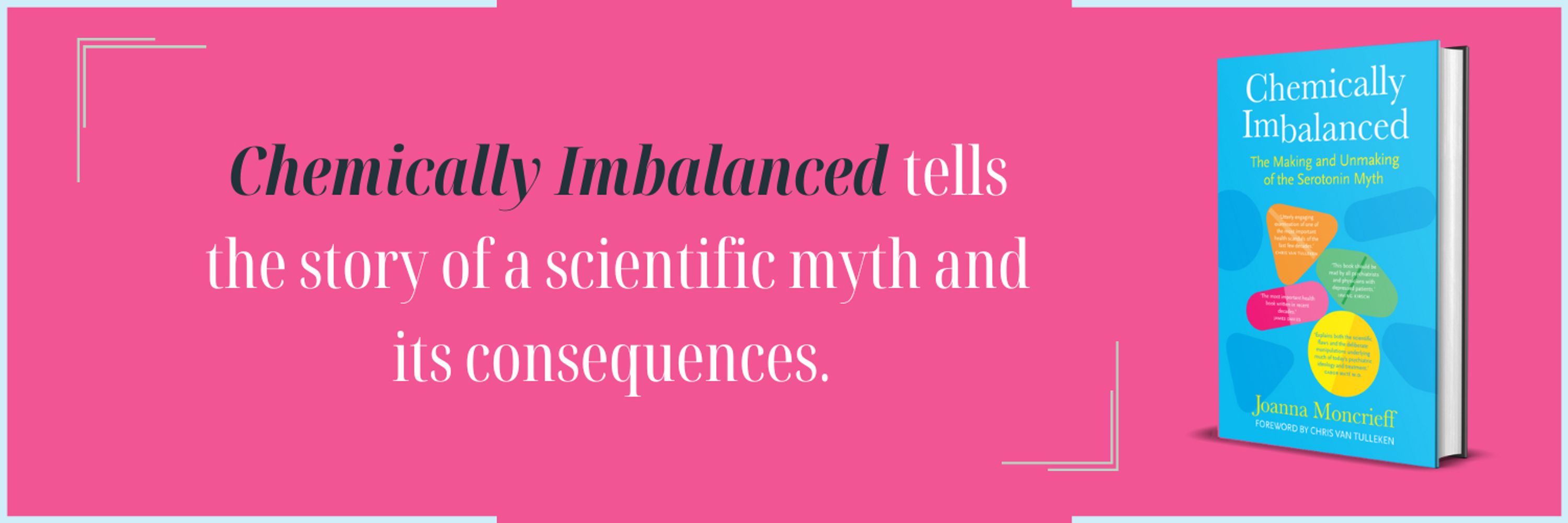Joanna Moncrieff
@joannamoncrieff.bsky.social
660 followers
9 following
150 posts
Critical psychiatrist, professor at University College London and author. Views are my own.
Posts
Media
Videos
Starter Packs
Pinned
Reposted by Joanna Moncrieff
Martin Plöderl
@ploederl.bsky.social
· Jul 28
Reposted by Joanna Moncrieff
Reposted by Joanna Moncrieff
Reposted by Joanna Moncrieff
Martin Plöderl
@ploederl.bsky.social
· Jul 13
Reposted by Joanna Moncrieff
Reposted by Joanna Moncrieff
Martin Plöderl
@ploederl.bsky.social
· Jul 13
Reposted by Joanna Moncrieff
Martin Plöderl
@ploederl.bsky.social
· Jul 13
Reposted by Joanna Moncrieff



















